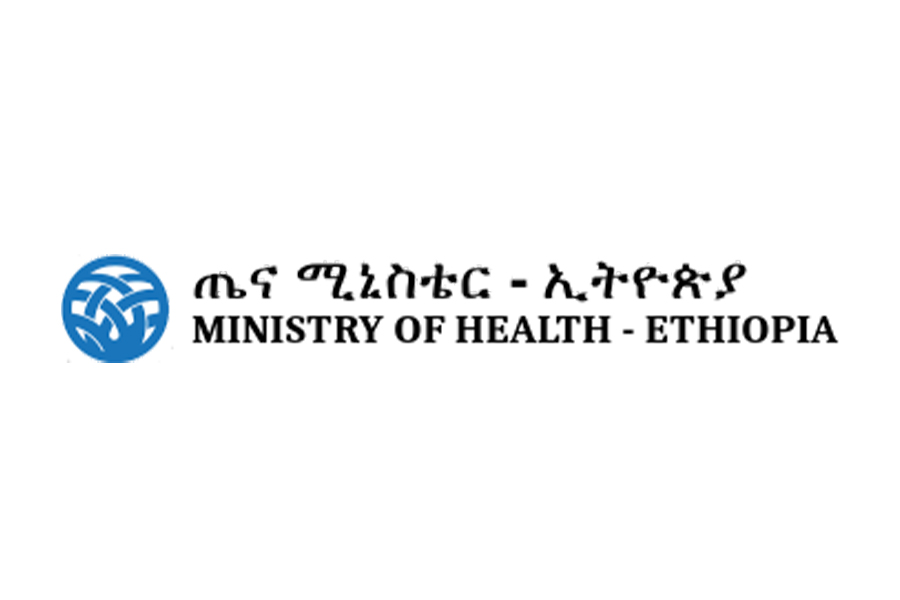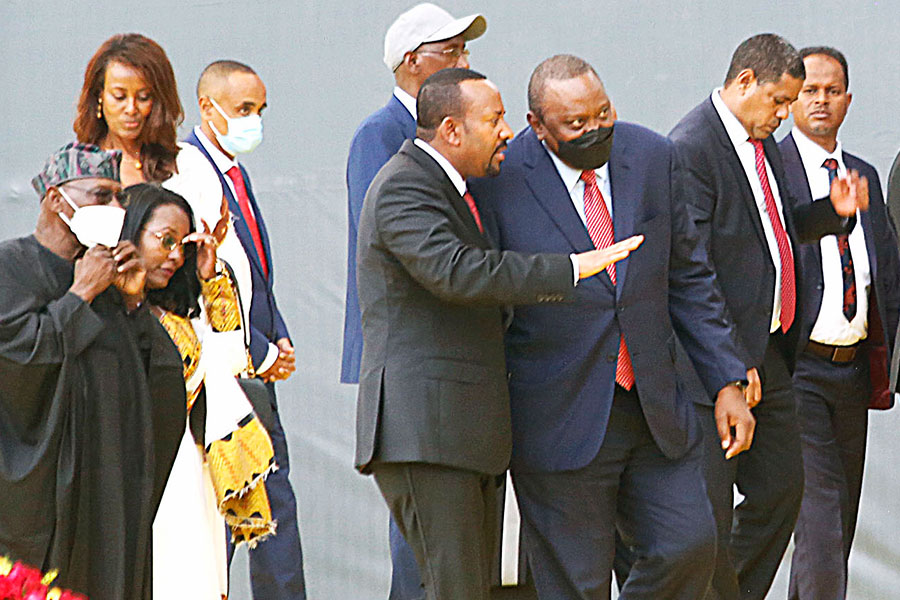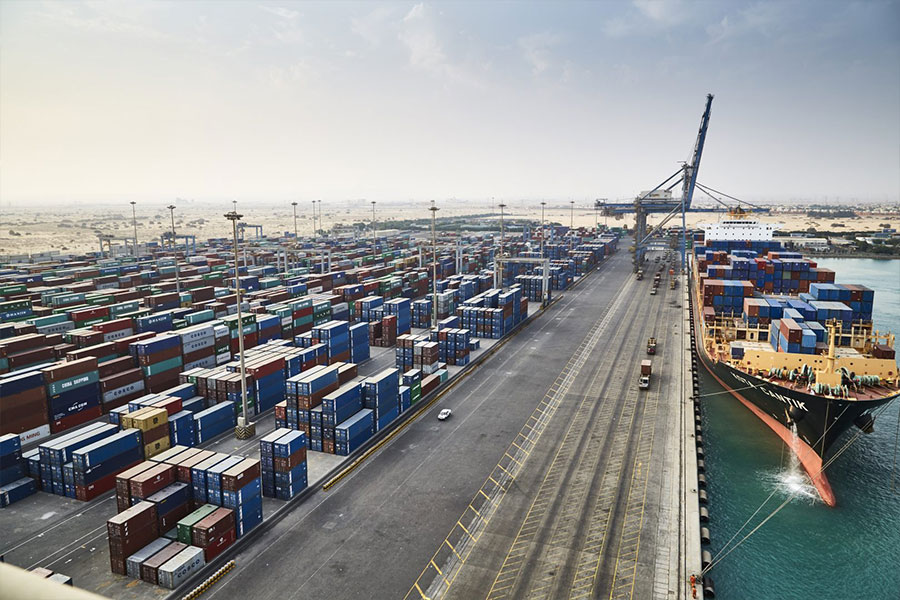
Commentaries | Oct 16,2024
Feb 24 , 2024
By Hintsa Andebrhan
Recent developments in the Horn of Africa serve as a case in the interplay between local ambitions, regional politics, and global strategic interests.
Take Somalia, for instance. It has entered into a pact with the United States, permitting the latter to establish five military bases along its maritime coasts, the longest in the continent. Marked by a formal signing ceremony attended by Molly Phee, the assistant secretary of State for African Affairs, the pact represents strengthening military ties between the two countries against a backdrop of complex regional dynamics. It should be seen as a significant move with broader implications for the balance of power in the Horn of Africa.
The agreement also comes at a time when Ethiopia's political terrain is swamped by controversies, particularly for signing a memorandum of understanding (MoU) with Somaliland. Lambasted by its critics for potentially breaching international law and undermining Somalia's sovereignty, the overture could have paved the way for the U.S.-Somalia military collaboration. The intricacies of these regional relationships show the interconnected nature of politics, security, and diplomacy in the Horn of Africa.
The development took an unexpected turn with the arrival of Somalia's President, Hassan S. Mohamud, in Addis Abeba two weeks ago to attend the AU Summit. A day before, he signed the military bases agreement. Given the strained relations between Ethiopia and Somalia and the omission of their issues from the summit's agenda, his presence was not initially anticipated. It was perceived as a strategic manoeuvre, directing Mogadishu's intent to assert its position on issues of sovereignty and territorial integrity amidst Ethiopia's diplomatic prelude.
Somalia's President's visit to the AU Summit became an issue of interest, overshadowing other issues and capturing the international media attention. His political savvy was evident as he steered the summit's corridors, putting the diplomatic tensions his country has with the host in the spotlight. Ethiopia's subsequent allegations of protocol violation by the Somalia delegation further exacerbated the rift, illustrating the challenges of aligning national sovereignty with regional cooperation.
The AU Summit was not without controversy, notably the exclusion of six member countries due to governance concerns. This decision pointed to the continent's persistent political and security crises, despite AU Commission Chairperson Moussa Faki's call for African-led solutions. The influence of external powers, particularly from the West, continues to be contentious, shaping Africa's geopolitical and security affairs.
The crisis in Sudan, where the possibility of a country divided into three separate states is in the open, exemplifies the extent of foreign involvement in African affairs. Similarly, the public support for military coups in Mali, Niger, and Burkina Faso reflects a broader disillusionment with the prevailing order, often attributed to the legacy of colonial exploitation and contemporary foreign interventions. In countries like Niger, public sentiment against former colonial powers, such as France, exposed the deep-seated frustrations with external economic and political influences.
The AU's challenge in representing African interests against such a backdrop is further complicated by the inclusion of former colonial powers at the summit, contrasted against the exclusion of voices from West African countries.
This web of military pacts, diplomatic tensions, and regional aspirations tells of the delicate balance required between national interests within the broader context of regional stability and international relations. The developments in the Horn of Africa, particularly Somalia's strategic moves and the wider context of the AU Summit, show the difficulties of managing sovereignty, security, and cooperation in an interconnected world.
As the continent continues to confront these challenges, the roles of external actors, the impacts of colonial legacies, and the pursuit of African-led solutions remain crucial. The situation in the Horn of Africa reflects the ongoing struggle to reconcile national ambitions with the demands of regional and international diplomacy, a task that is central to the future of the region and the continent as a whole.
PUBLISHED ON
Feb 24,2024 [ VOL
24 , NO
1243]


Commentaries | Oct 16,2024

Radar | Sep 01,2024

Fortune News | Oct 06,2024

Fortune News | Apr 26,2019

Fortune News | Oct 09,2021

Sponsored Contents | Jan 31,2022

Radar | Nov 29,2020

Fortune News | Sep 24,2018

Sunday with Eden | Dec 24,2022

Fortune News | Aug 21,2023

Photo Gallery | 174574 Views | May 06,2019

Photo Gallery | 164803 Views | Apr 26,2019

Photo Gallery | 154995 Views | Oct 06,2021

My Opinion | 136693 Views | Aug 14,2021
Editorial | Oct 11,2025

Dec 22 , 2024 . By TIZITA SHEWAFERAW
Charged with transforming colossal state-owned enterprises into modern and competitiv...

Aug 18 , 2024 . By AKSAH ITALO
Although predictable Yonas Zerihun's job in the ride-hailing service is not immune to...

Jul 28 , 2024 . By TIZITA SHEWAFERAW
Unhabitual, perhaps too many, Samuel Gebreyohannes, 38, used to occasionally enjoy a couple of beers at breakfast. However, he recently swit...

Jul 13 , 2024 . By AKSAH ITALO
Investors who rely on tractors, trucks, and field vehicles for commuting, transporting commodities, and f...

Oct 11 , 2025
Ladislas Farago, a roving Associated Press (AP) correspondent, arrived in Ethiopia in...

Oct 4 , 2025
Eyob Tekalegn (PhD) had been in the Governor's chair for only weeks when, on Septembe...

Sep 27 , 2025
Four years into an experiment with “shock therapy” in education, the national moo...

Sep 20 , 2025
Getachew Reda's return to the national stage was always going to stir attention. Once...

Oct 12 , 2025
Tomato prices in Addis Abeba have surged to unprecedented levels, with retail stands charging between 85 Br and 140 Br a kilo, nearly triple...

Oct 12 , 2025 . By BEZAWIT HULUAGER
A sweeping change in the vehicle licensing system has tilted the scales in favour of electric vehicle (EV...

A simmering dispute between the legal profession and the federal government is nearing a breaking point,...

Oct 12 , 2025 . By NAHOM AYELE
A violent storm that ripped through the flower belt of Bishoftu (Debreziet), 45Km east of the capital, in...